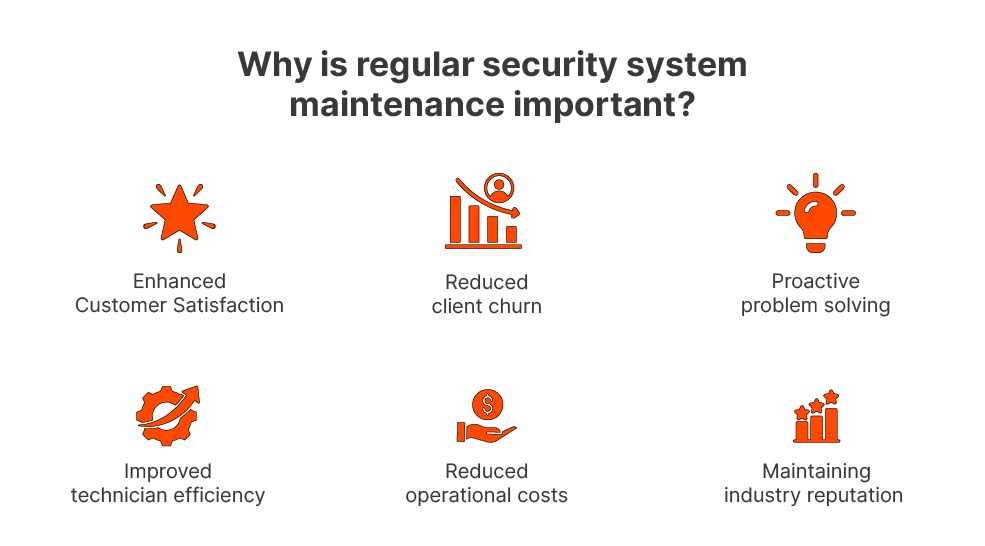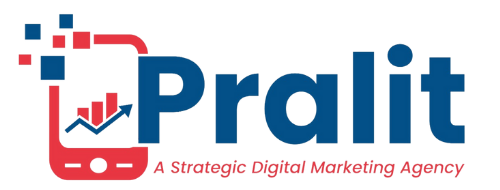Why Website Maintenance Is Crucial for Long-Term Success?

In today’s competitive digital landscape, having a visually appealing and functional website is just the starting point. To stay relevant, protect your brand reputation, and maximize your online presence, regular website maintenance is essential.
A well-maintained site not only looks good but also performs optimally, loads quickly, stays secure, and keeps up with evolving technology. Neglecting maintenance can lead to security vulnerabilities, broken functionality, poor user experience, and loss of trust—all of which directly affect your business growth.
This comprehensive guide explores why maintaining your website is non-negotiable, the benefits it delivers, and the essential steps to keep your site running at its best.
What is Website Maintenance?
Website maintenance refers to the ongoing process of monitoring, updating, and optimizing your website to ensure it functions smoothly and stays aligned with your business goals.
Think of it as servicing your car—you don’t wait for a breakdown before visiting the mechanic. Regular check-ups help prevent costly problems and keep everything running efficiently.
Common Website Maintenance Tasks Include
Updating CMS, plugins, and themes
Fixing broken links and outdated content
Backing up data regularly
Performing security scans and installing patches
Testing site speed and mobile responsiveness
Adding new, SEO-friendly content
Benefits of Regular Website Maintenance

| Benefit | Description |
|---|---|
| Improved Security | Regular updates, SSL checks, and backups protect your site from hackers, malware, and data breaches. |
| Better Performance | Optimized images, updated code, and efficient hosting improve load speed and user experience. |
| SEO Ranking Boost | Search engines favor sites that are secure, error-free, and updated with fresh, relevant content. |
| Higher Conversion Rates | A smooth, trustworthy website encourages visitors to engage and complete purchases or inquiries. |
Why Website Maintenance is Non-Negotiable?

1. Security Protection
Cyber threats are constantly evolving, and outdated websites are easy targets for attackers. Even a small vulnerability in a plugin or outdated script can lead to data theft, malware infections, or complete site takedowns.
Key Actions
- Update your CMS, themes, and plugins regularly
- Install security patches as soon as they are released
- Set up automated daily backups stored offsite.
2. SEO Performance
Search engines like Google prefer websites that are well-maintained. Slow loading speeds, broken links, and outdated content can all hurt your rankings, making it harder for potential customers to find you.
Key Actions:
- Regularly fix broken links and missing images.
- Update meta descriptions, title tags, and alt text.
- Publish new blog posts and update older content for relevance.
3. User Experience
A glitchy, slow, or outdated website frustrates users and increases bounce rates. Today’s audience expects fast-loading pages, smooth navigation, and a mobile-friendly design.
Key Actions:
- Test your site’s load speed monthly.
- Ensure your layout is responsive on all devices.
- Remove outdated information and improve page layouts for clarity.
4. Compatibility Across Devices & Browsers
With new devices and browser updates released frequently, your site must stay compatible to ensure consistent performance for all users.
Key Actions:
- Test your website on multiple browsers and screen sizes.
- Update plugins and code for compatibility with new technologies.
- Use responsive design frameworks for future-proof layouts.
Essential Website Maintenance Checklist
Website Maintenance Schedule
| Task | Frequency |
|---|---|
| Backup your website | Daily or weekly |
| Update software/plugins | Weekly |
| Check for broken links | Monthly |
| Test website speed | Monthly |
| Refresh content & images | Monthly |
| Review SEO elements | Quarterly |
| Security scan | Weekly |
| Test contact forms | Monthly |
Long-Term Impact of Neglecting Website Maintenance
If you ignore regular updates and checks, the consequences can be severe:
How Website Maintenance Supports Your Business Goals?

1. Strengthens Brand Reputation
Your website often forms the first impression customers have of your business. A fast, reliable, and well-maintained site reflects professionalism and trustworthiness.
2. Enhances Customer Engagement
Fresh blogs, working contact forms, and updated features keep users coming back. Engaged visitors are more likely to convert into paying customers.
3. Maximizes ROI
Your website is an investment. Regular maintenance ensures it continues to generate leads, sales, and brand awareness without downtime or technical issues.
Professional Website Maintenance vs DIY
While small tasks like posting blog updates can be handled in-house, professional website maintenance services offer specialized benefits:
- Advanced firewall and malware protection
- Speed and performance optimization
- SEO audits and improvements
- Technical fixes for complex issues
Hiring experts frees up your time and ensures your site remains competitive without constant monitoring on your part.
Final Thoughts
Website maintenance is not a one-time job—it’s a continuous process that protects your investment, improves user satisfaction, and boosts your search rankings. In a digital world where technology and customer expectations change rapidly, staying updated is the only way to ensure long-term online success.
If you want a secure, fast, and results-driven website that works for your business 24/7, professional maintenance is the smartest choice.
Give your website the attention it deserves with professional website maintenance services from Pralit. Ensure your site remains secure, fast, and effective—driving results for years to come.
